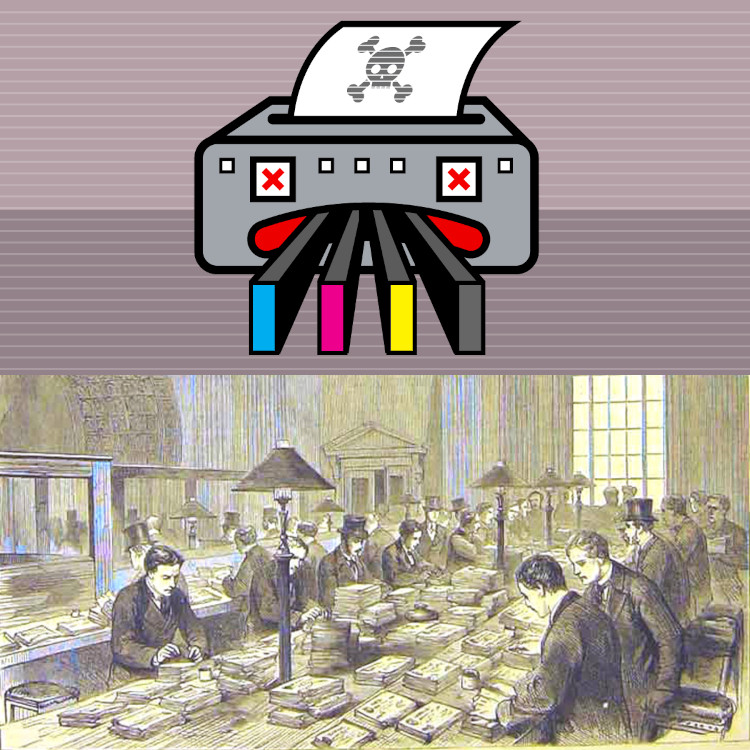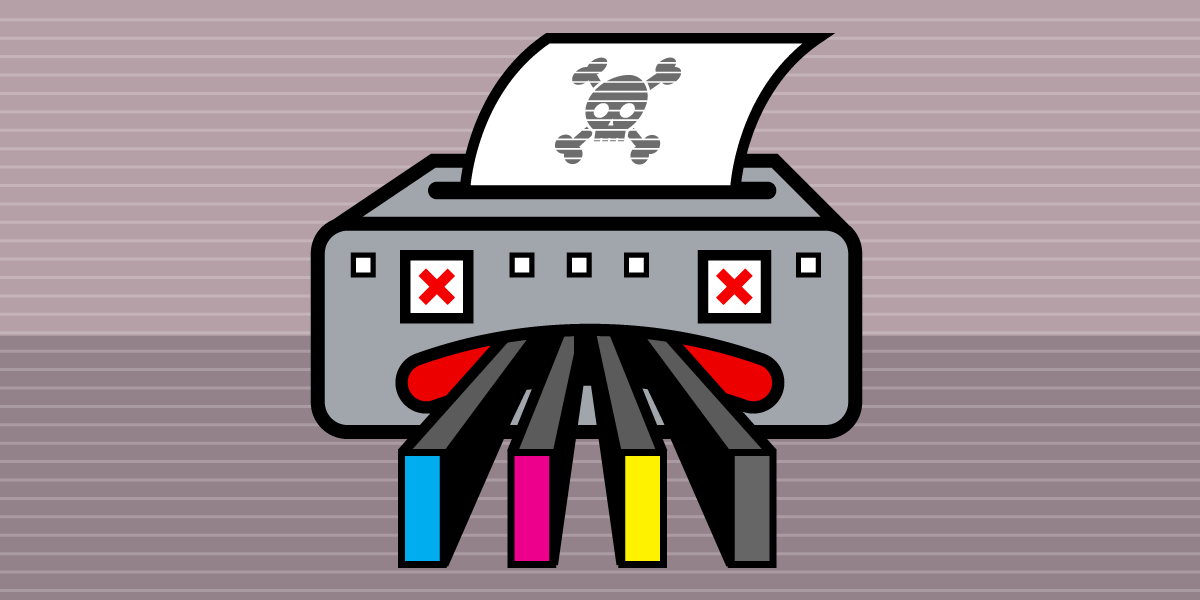So let's explore what a hypothetical law enforcement interview *might* look like in this situation. I'm not - I want to make clear - drawing from experience as a lawyer here.
I AM NOT A CRIMINAL LAW ATTORNEY.
Instead, I'm mostly drawing from discussions with my father-in-law.
My father in law is a now-retired homicide cop, and we've had a lot of discussions (especially since I started law school) about criminals and interviews over the years.
So with that in mind, let's look at this hypo.
ALSO - Simplifying for Twitter character counts.
*Knock*
*Door opens*
Agent: Ms [Name]? I'm Agent Smith, and this is Agent Jones. We're with Agency. We'd like to talk to you if you've got a minute.
Ms X: Oh? Is this about that thing at the Capitol?
[Yes, it seems insane but if you're worried about something specific and the cops show up, blurting out something like that is totally a thing that can happen.]
Agent Smith: Yes, ma'am. I don't know if you're aware, but some of the media saw some of your social media stuff, so we got a bunch of phone calls.
[Note: The agents will have seen ALL of her social media and they know she's seen it, but will not be above implying otherwise.]
Agent Smith: Anyway, our boss doesn't really like us to close out a file without at least trying to talk with the person first.
[Note: Deliberately implying that they think the whole thing is nonsense that they want to get rid of and that they're completely sympathetic to her.]
Agent Smith: So if you've got a couple of minutes - do you mind if we come in? It's a little cold out for this kind of thing and anyway I don't want having this conversation on the doorstep to look awkward with the neighbors or anything.
Agent Smith: Thanks. This place is beautiful, have you lived here long? Is there somewhere we can sit down?
Ms X: I don't know if this is something I should be talking to you about. Should I have my lawyer here for this?
Agent Smith: Ma'am, you certainly can if you think you need your lawyer, but we came down because we were hoping to be able to clear this whole thing up before it gets to that point - we'd like to get things taken care of without too much fuss.
[Note: Yes, they can say that.]
[Also: Yes, they can and will respond to that question about the lawyer in ways that convey that insisting on a lawyer will make you look bad in their eyes.]
Ms X: Oh. Are you sure I don't need a lawyer?
Agent Smith: Honestly, ma'am, like I said we're mostly down here because our boss kinda has a stick up-- I mean, he just doesn't really like it if we close something without talking to you. And we don't want to inconvenience you.
Ms X: Oh. I don't know...
Agent Smith: We can always arrange to do this downtown later on if you want. I mean, I don't really think we need to do that, and I was really hoping to get this wrapped up today so I can get back to some of my other cases that involve, y'know, crimes.
[Note: Asking if you need an attorney isn't the same as asking for an attorney. And they can lie about their boss, and hint that they don't think you really did anything wrong.]
Ms X: Oh, well if we can get this taken care of today...
Agent Smith: I mean I can't promise anything, of course - the boss will need to see that we checked the boxes and all that, but I'll certainly do my best. And this seems pretty clear-cut to me, so this shouldn't take long.
Ms X: Oh, well if you'll come this way...
Agent Smith: Thanks.
*sitting down, possibly refreshments, possibly touring house in process*
Agent Smith: OK, so I saw y'all got to fly up to see President Trump give his speech Wednesday in a private plane. That's pretty cool. I ain't never done that. Heck, they make us fly Southwest half the time.
Ms X: We were pretty excited about that.
Agent Smith: I would be too. How do you get something like that set up?
I'm going to close this here, because hopefully the basic point is clear: it's not that hard for someone who sounds sympathetic to get someone to talk.
This isn't a custodial interview. She's not under arrest. They're talking in her house. They haven't even told her she *has* to talk to them.
That means they don't have to read the Miranda warning.
They also don't have to tell her that charges are seriously being contemplated, and they can imply that they think she's done nothing wrong and they want to help her clear things up.
That can be very tempting.
With something like this, where her social media shows that she has no conception she was in the wrong, I think there's a very good chance that would work.
Seriously, if this happens to you some morning (or late evening, but never at a comfortable or convenient time of day), there is only one right answer:
"I'm not going to talk to you without my lawyer."
They will try to make you feel even more uncomfortable if you say that, because they know that there's probably not going to be much of a conversation if your lawyer is there.
Don't fall for it.
Stay silent. Get a lawyer.
For those who have been saying things like "I still don't know anyone" or "I can't afford someone" -
Then just don't talk to the police about it.







